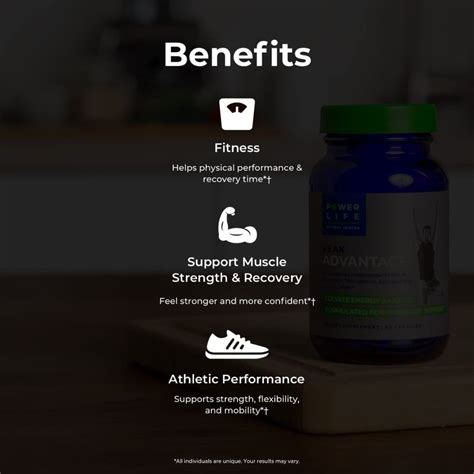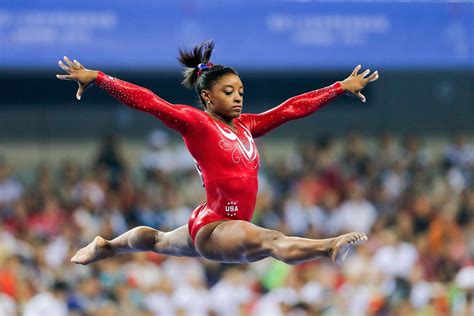Optimize recovery for peak performance & faster muscle growth?

Why Recovery is Your Secret Weapon for Fitness Gains
In the relentless pursuit of peak physical performance and accelerated muscle growth, many fitness enthusiasts focus almost exclusively on training intensity and volume. While essential, the true secret weapon often lies in what happens *outside* the gym: optimal recovery. Neglecting recovery is like building a house without letting the cement dry – it’s unstable, inefficient, and prone to collapse. Understanding and implementing smart recovery strategies is not just beneficial; it’s absolutely critical for unlocking your full potential, preventing injuries, and ensuring sustained progress.
The Science Behind Effective Recovery
Recovery isn’t just about feeling less sore; it’s a complex physiological process that directly impacts your body’s ability to adapt and improve. During intense exercise, muscle fibers experience micro-tears, energy stores (glycogen) are depleted, and the nervous system is stressed. Optimal recovery allows your body to:
- Repair Muscle Tissue: Protein synthesis accelerates to rebuild and strengthen muscle fibers, leading to hypertrophy.
- Replenish Energy Stores: Glycogen is resynthesized in muscles and the liver, ensuring you have fuel for your next session.
- Rebalance Hormones: Cortisol (stress hormone) levels normalize, while anabolic hormones like testosterone and growth hormone can thrive.
- Strengthen the Nervous System: Reduces fatigue and improves neural drive for better performance.
Pillars of Optimal Recovery
Quality Sleep: The Ultimate Anabolic State
Sleep is arguably the most powerful recovery tool. It’s during deep sleep that your body releases growth hormone, crucial for muscle repair and fat metabolism. Aim for 7-9 hours of uninterrupted, high-quality sleep per night. Establish a consistent sleep schedule, create a dark and cool sleep environment, and avoid screens before bed.

Strategic Nutrition: Fueling Repair and Growth
What you eat (and when) plays a monumental role. Post-workout, your body needs carbohydrates to replenish glycogen and protein to initiate muscle protein synthesis. Ensure a balanced intake of macronutrients (protein, carbs, fats) throughout the day, focusing on whole, unprocessed foods. Don’t forget micronutrients from fruits and vegetables for overall health and antioxidant support.

Hydration is Key: More Than Just Water
Dehydration can significantly impair performance and slow recovery. Water is vital for nutrient transport, temperature regulation, and joint lubrication. Drink plenty of water throughout the day, and consider electrolyte-rich beverages during or after intense, prolonged workouts to replace lost minerals.
Active Recovery & Mobility: Gentle Movement for Better Flow
Light activities like walking, cycling, or swimming can increase blood flow to muscles without adding significant stress, helping to flush out metabolic waste products and deliver fresh nutrients. Incorporate stretching, foam rolling, and mobility work to improve flexibility, reduce muscle soreness, and maintain range of motion, preventing stiffness and potential injuries.

Stress Management: The Mental Component of Physical Recovery
Chronic stress elevates cortisol, which can hinder muscle growth and recovery. Techniques like meditation, deep breathing exercises, yoga, or simply engaging in hobbies can significantly reduce mental and physical stress, allowing your body to focus its energy on repair and adaptation.

Practical Tips for Implementation
- Prioritize Sleep: Make it non-negotiable, just like your workouts.
- Plan Your Meals: Prep nutrient-dense foods in advance, especially post-workout.
- Listen to Your Body: If you’re feeling overly fatigued, take an extra rest day or opt for active recovery.
- Stay Consistent: Recovery practices should be as routine as your training sessions.
The Direct Link to Peak Performance & Muscle Growth
When you optimize recovery, you’re not just preventing burnout; you’re actively creating an environment where your body can thrive. This translates directly to:
- Increased Strength and Endurance: Fully recovered muscles perform better and can handle more stress.
- Faster Muscle Hypertrophy: Consistent repair and rebuilding lead to greater muscle growth over time.
- Reduced Risk of Injury: Stronger, more flexible muscles are less prone to strains and tears.
- Enhanced Mental Focus: A rested body and mind are more prepared to tackle challenging workouts.
- Consistent Progress: Avoiding overtraining allows for more consistent and effective training sessions.

Conclusion
True fitness mastery isn’t just about how hard you train; it’s about how smart you recover. By diligently incorporating quality sleep, strategic nutrition, consistent hydration, active recovery, and effective stress management into your routine, you transform recovery from an afterthought into a powerful catalyst for peak performance and unparalleled muscle growth. Embrace recovery, and watch your fitness journey accelerate to new heights.









